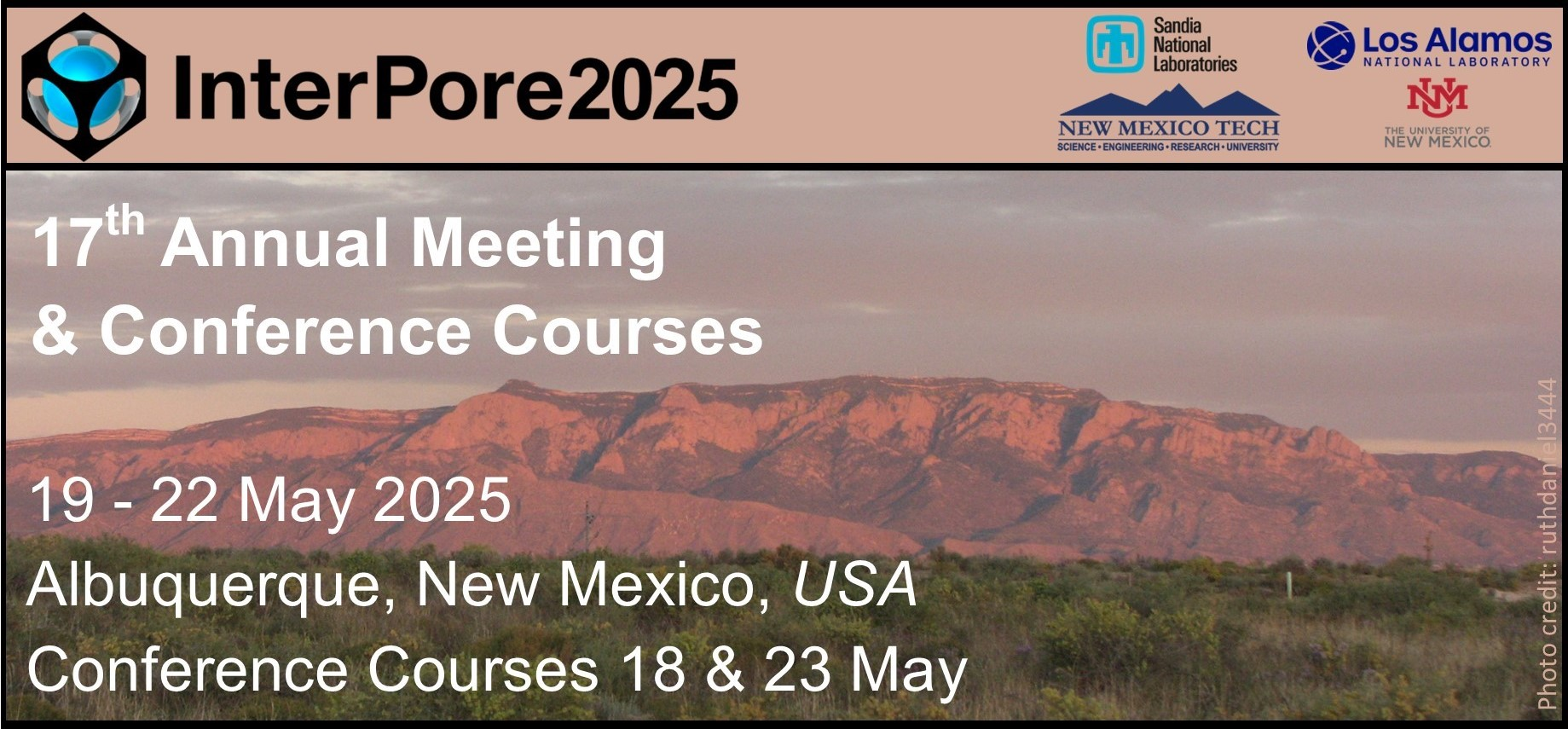Speaker
Description
In situ carbon mineralization in basalt, is a necessary, yet underdeveloped strategy to mitigate the worsening impacts of climate change. In this regard, the Wallula Basalt Carbon Storage pilot project, led by PNNL, is the world’s only field-scale injection of supercritical CO2 in basalt formations and the only demonstration where rock samples containing anthropogenic carbonates have been retrieved. This presentation highlights our work using atomic-scale microscopy to discover four key mineralization endpoints correlating to the initial and later stages of nucleation and growth of carbonate nodules formed within basalt pores as a result of CO2 injection. Surprisingly, we discovered that the initial stage of carbonation was controlled by a never-before-seen carbonate phase, a cation-ordered Mg-absent ankerite, despite the near-ambient temperatures. Additionally, we will highlight the critical role played by secondary pore lining phases, such as zeolites, and clay-rich linings, on the nucleation of these elusive carbonates. Overall, the study enables a much-improved geochemical understanding of complex subsurface carbonate formation processes that drive geologic carbon storage in reactive reservoirs. The nanoscale observations in this study provides critical baseline information required for the parameterization of predictive models at the field scale for any future permitting, monitoring, storage validation in basalt reservoirs worldwide.
| Country | United States |
|---|---|
| Acceptance of the Terms & Conditions | Click here to agree |






